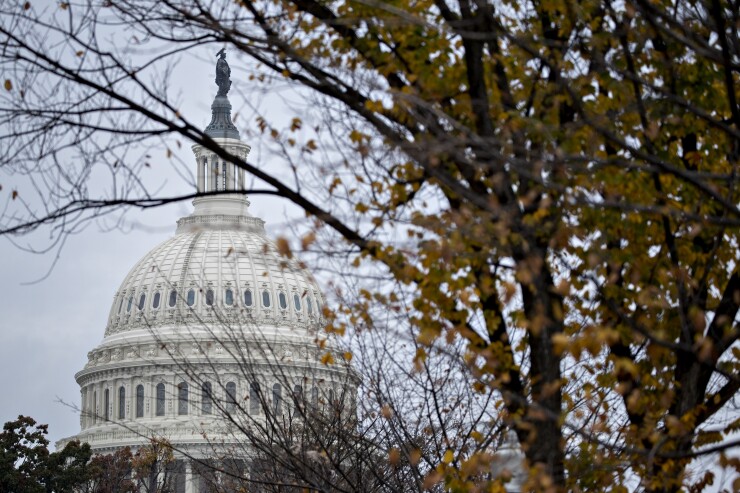The Coronavirus Aid, Relief, and Economic Security (CARES) Act was signed by President Trump on March 27 after passing both the House and Senate earlier in the week. This $2.2 trillion stimulus package is wide-reaching and intended to provide economic relief for the individuals and businesses hit hardest by the coronavirus pandemic and the resulting financial downturn.
Within the 800-page bill, there are several important provisions affecting employers, including requirements for coverage of COVID-19 testing and treatments. There are also provisions that extend beyond the coronavirus into other areas of employer benefit designs with potential impact to group health plans beyond the current public health emergency.
1. Coverage of COVID-19 Testing and Treatment
Group health plans must cover COVID-19 screening and the related office visit without cost sharing, which includes COVID-19 tests that may not have been approved by the US Food and Drug Administration. Group health plans must cover, without cost-sharing, “qualifying coronavirus preventive services,” which are items, services and immunizations intended to prevent or mitigate COVID-19 that receive a rating of “A” or “B” from the US Preventive Services Task Force (USPSTF) or a recommendation from the CDC Advisory Committee on Immunization Practices (ACIP) with respect to the individual involved. This requirement will apply 15 business days after the recommendation is made by the USPSTF or ACIP.
2. Payment for COVID-19 Testing and Treatment
Group health plans providing COVID-19 testing must reimburse the provider in the amount of the negotiated rate, if in effect before the public health emergency began, or if not, an amount that equals the cash price as listed by the provider on a public internet website, or a negotiated rate with the provider for less than the cash price. This provision is effective upon enactment of the CARES Act (March 27, 2020) and is not retroactive.
3. Telehealth
The Act allows a high-deductible health plan with a health savings account (HSA) to cover telehealth services prior to a patient reaching the deductible, without regard to whether the services provided via telehealth relate to COVID-19. This provision is effective upon enactment and lasts through plan years beginning in 2021.
4. Over-the-counter Medical Products without a Prescription
The Act allows for account-based plans, including HSAs, flexible spending accounts and health reimbursement arrangements, to reimburse members for the purchase of over-the-counter medical products without a prescription from a physician, regardless whether the product is related to treatment of COVID-19. This reverses a restriction imposed by the Affordable Care Act. These changes are effective for amounts paid/expenses incurred after 2019 and seem to apply indefinitely.
5. Expansion of DOL Authority to Postpone Certain Deadlines
The Act amends ERISA to provide DOL the ability to postpone certain ERISA filing deadlines and provide other relief for a period of up to one year in the case of a public health emergency.
A few things were also noticeably left out of the CARES Act, including two issues many employer groups have been monitoring closely. First, besides the HSA over-the-counter provision described above, there is nothing in this legislation to address prescription drug pricing. No portions of HR 3 or any other existing drug pricing legislation were included in the CARES Act. Second, there is nothing in the package to address the larger issue of surprise billing. Like the drug pricing issue, no language from existing legislation addressing surprise billing was included in the CARES Act.
The good news is that the Act seems to have bought more time on these issues since the healthcare “extender” deadline set to expire May 22 has been changed to November via this bill. The bad news is that means drug pricing and/or surprise billing legislation will need to be addressed in a lame duck session of Congress where it’s difficult, though not impossible, to pass major bipartisan legislation.
Employer groups will continue monitoring these issues as we work through coronavirus-related legislation implementation, and seek opportunities to be included in discussions, on both COVID-19 and other health policy issues, to ensure employer perspectives continue to be heard.






